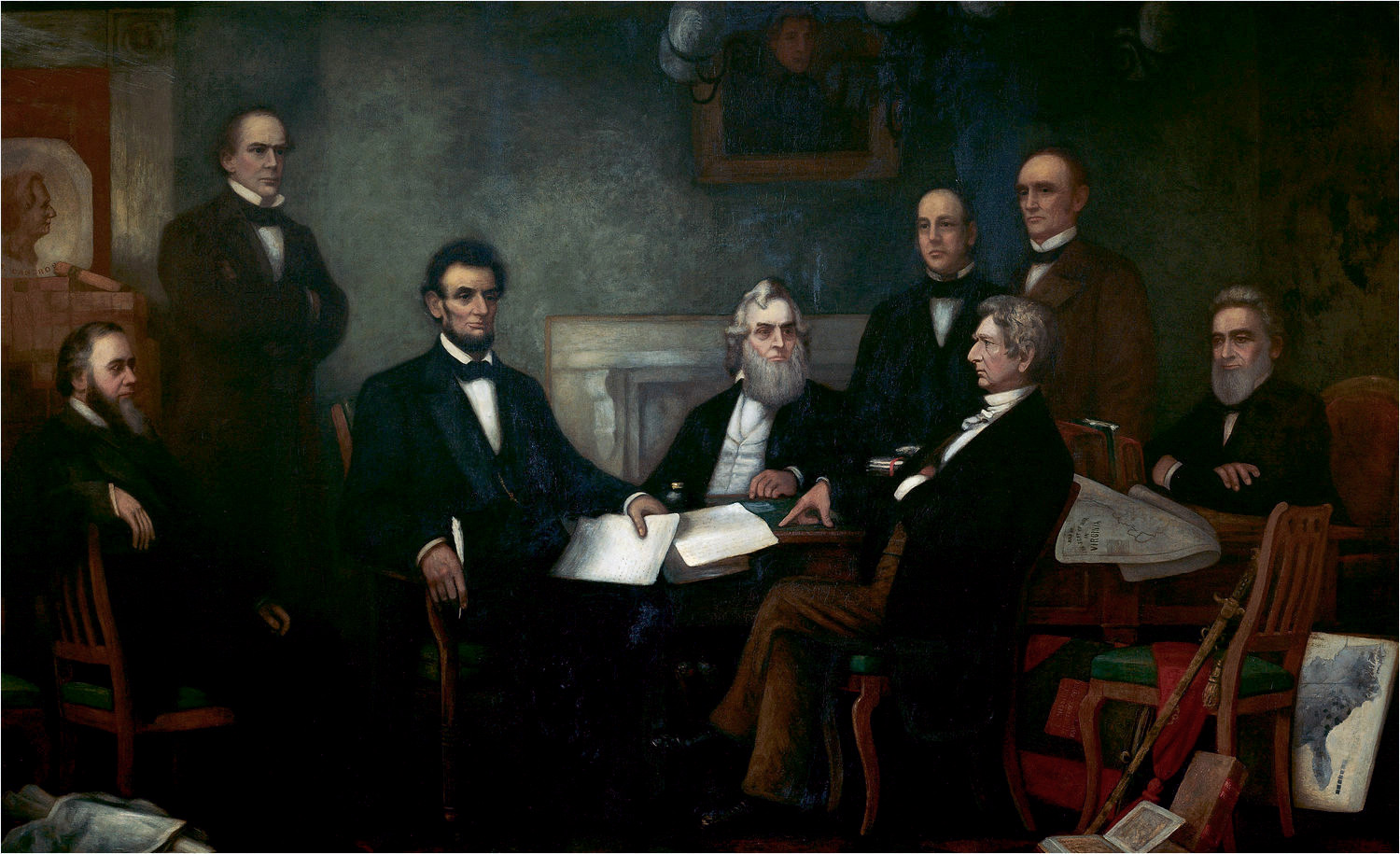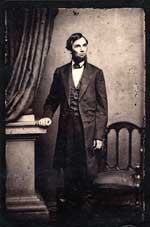On January 1, 1863, President Abraham Lincoln signed the Emancipation Proclamation, freeing slaves in rebellious regions of the Confederacy and authorizing the enlistment of black soldiers in the federal army. In doing so, Lincoln changed the character of the war; now the soldiers he commanded fought not only for union, but for freedom—in some cases, their own.

Lincoln’s resolution to issue the Proclamation represented a radical departure from his past actions. In his campaign for President in 1860, Lincoln affirmed that he would not try to abolish slavery in the states where it already existed, and he originally favored colonization of freed blacks and compensation of slaveowners for their financial losses. Yet in the Proclamation, he offered unqualified and immediate freedom to slaves.
Despite the dramatic transformation it represented in his own views, many have found fault with the Proclamation for not being radical enough. Lincoln explicitly excluded slaves in the four border states not in rebellion, as well as slaves in regions of the Confederacy occupied by Union troops.
The Proclamation was also somewhat redundant; Congress had already passed legislation (the Second Confiscation Act) declaring free the slaves of individuals in rebellion against the United States. Given Lincoln’s talent for rhetorical eloquence, the language of the Proclamation is remarkably dry and stilted with almost no mention of human rights or justice. Some have wondered if Lincoln had the presidential authority to issue the Proclamation in the first place.
Lincoln himself wrestled with uncertainty about whether his presidential powers encompassed such an act, and this ambiguity profoundly shaped the nature of the document. He rested his justification for emancipation on the fact that the country was at war; he knew that an appeal to human rights would not last long if the document were challenged in court.
He also knew that freeing slaves in the border states might drive those states into the Confederacy. Lincoln recognized the limitations of the document he issued, but he did not believe that the Constitution authorized him to do more.
His desire to place emancipation beyond the challenge of the courts influenced his dogged efforts to ensure the passage, in 1865, of the 13th Amendment abolishing slavery, as dramatized in Spielberg’s recent film Lincoln.
By no means did the Emancipation Proclamation and the 13th Amendment represent the end of the struggle for civil rights in the United States. (The effects of the document were idealized in this Harper’s Weekly illustration of the slaves’ “past” and “future.”) The 14th and 15th Amendments of 1868 and 1870 gave African American men citizenship status and the right to vote, but African American women did not receive the vote until all women were enfranchised in 1920.
Even with legal equality established on the national level in the twentieth century, African Americans and many other groups struggled to exercise their full rights in the face of discriminatory legislation and legal decisions, not to mention personal prejudice.

- All images via Wikimedia Commons. You can read more about all the subjects discussed in this essay in the January feature stories on Not Even Past.
